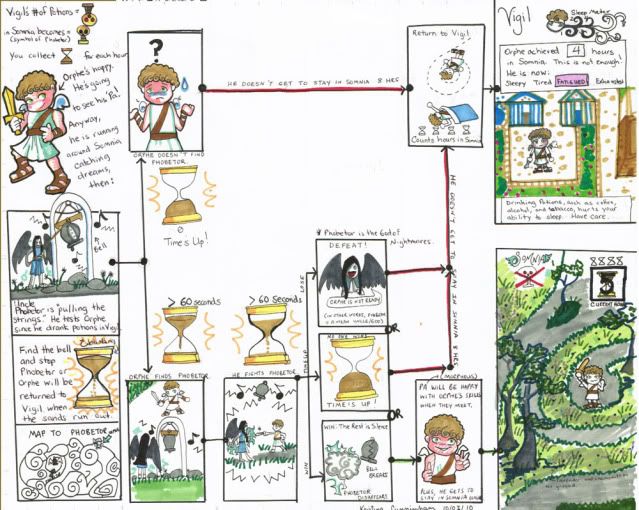I am going to apologize in advance. This paper will be a far more reflective paper than I typically choose to post in regards to recent readings. In large part, this is due to the large amount of meaningful input I received this weekend between readings for this class, the coursework, and Meaningful Play 2010. As a result, I need to create a more casual, letter like format to process these ideas.
This week, I have been reading James Gee and also had the opportunity to attend his keynote and many presentations by researchers and academics influenced by his writings on games and learning. My first take-away from Gee's work, his presentation, several other Games for Learning based presentations and interactions at the conference is there is a common theme: there must be a better way to teach and learn. This resonated with people I talked to in education or formerly in education that had been drawn to the conference.

